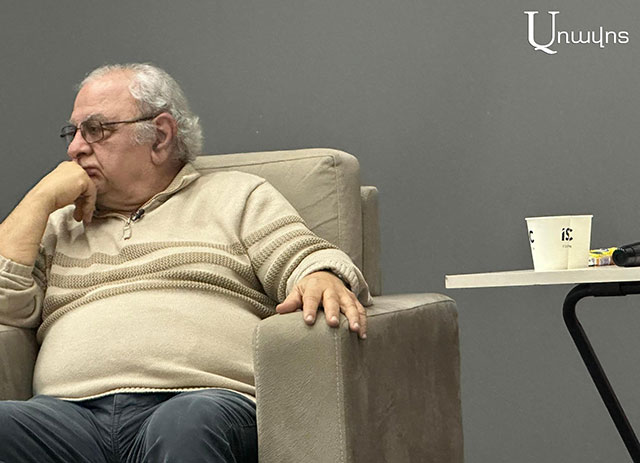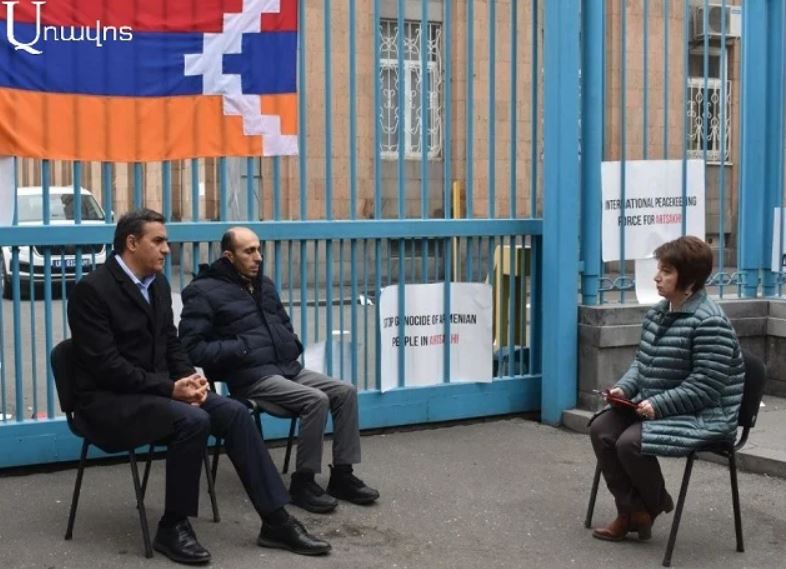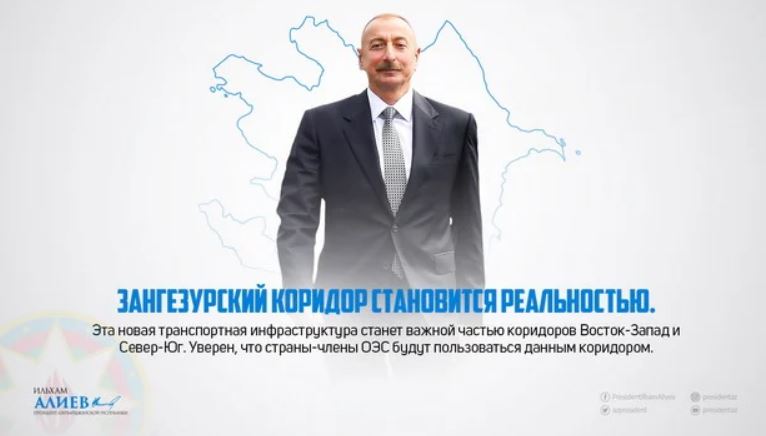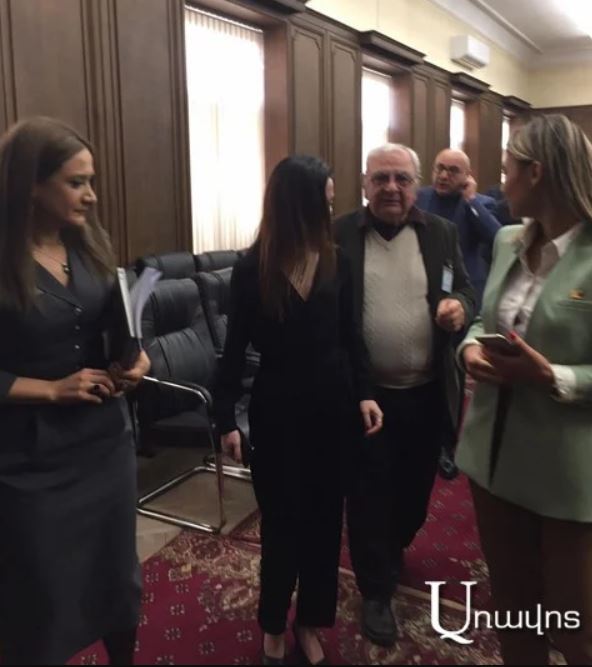“If you go after an impossible goal, you will get nothing; if you go after it is possible, maybe you will get something. Where do we expect our issue to be resolved? Here comes the question of Russia and the West. What must have happened to us to know that these countries are not with us? It does not mean we should leave Russia and go to the USA. It means that we should not formulate our policy as pro-Western or pro-Russian. We need to formulate our interests and capabilities; others are secondary,” said Zhirayr Liparityan during the presentation ceremony of his book “Third Republic of Armenia. Nagorno Karabakh conflict, materials for the history”.
He asked if any country owed us anything. “When we ask for something from other countries, do they owe us? Is there anyone who owes us? Nobody: Those who have interests here have learned that they can deceive us with sweet tools. The syndrome of these “Armenian-loving” countries will lead us to other problems. France loves us.
When I went to Ankara in October 1992 and started negotiations with Turkey, the diplomats invited me to dinner in the evening, and one of them was very anxious and nervous. I said, ”man, we have already drunk two glasses; how many glasses should we drink so that you feel calm? Do you have something in mind? Tell me”. In the end, he said: ”yes, I want you to know: I hate you”.
Now he hated you or me? It needed to be clarified. I wonder if it was singular or plural in English. It was very unusual for diplomats to do this. He asked, “Don’t you have anything to say?” I said: there is singular and plural in Armenian and Turkish, but not in English. Now, when you say “you,” what is on your mind? Do you hate me personally, our state, or our people? He said:” all of you” and asked: ”do you not hate us, Turkey”?
Read also
I said: you know what, neither you nor Turkey is essential enough for me to love or to hate. I came to do business. You are talking about romance. We have to forget that loving part. We should expect respect, but respect will come when we respect ourselves. When we demand recognition of genocide like beggars, we say like beggars, this happened to us, come help us, and we don’t allow ourselves, the other person can smile.” Liparityan noted that when he was appointed to the position, one of the most challenging things in Karabakh and Armenia was to explain to the people that when an American diplomat smiles and says, “I understand you,” it does not mean that he is on your side or understands you.
Hripsime JEBEJYAN























































